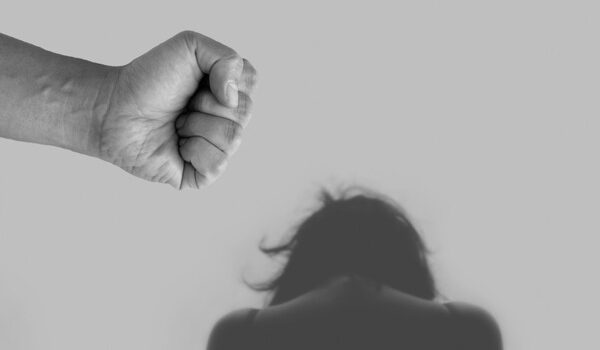
Can domestic violence convictions influence divorce proceedings? They certainly can.
Domestic violence is a serious criminal charge, with a wide variety of charges that can be tacked on depending on the circumstances of the situation. Domestic violence convictions can lead to imprisonment as well as a great deal of legal fees and fines. However, jail, fines, and a hurt reputation are not the only negative consequences of being charged with domestic violence.
If you are going through a divorce, a history of domestic abuse can have a significant impact on the judge’s decision to grant custody, appoint assets, grant visitation, and other rulings. In this article, we discuss how a domestic violence charge can affect a divorce proceeding.
Here is How Domestic Violence Convictions Can Affect Divorce Proceedings
Domestic violence is defined as acts of violence committed by a partner, spouse, or someone who shares a domicile. Domestic violence can be a misdemeanor or felony charge, depending on the circumstances and evidence presented with each case. For instance, a domestic violence charge resulting in severe injury will most likely be tried as a felony domestic violence case, while a prosecutor may decide a minor altercation is only worth pursuing a misdemeanor charge.
There are often separate charges tacked on to a charge of domestic abuse, and these additional charges will depend on the circumstances of the alleged crime. Common crimes that occur with domestic violence include:
- Violation of a protective order
- Assault
- Trespassing
- Harassment
- Stalking
All of these crimes carry with them their own separate fines and penalties and may result in additional penalties. If these crimes have occurred, it is common for the victims to seek out a protective order lawyer to begin the process of filing for protection against the abuser.
How Do You Prove Domestic Violence?
As with any criminal charge, a victim simply can’t accuse an abuser of domestic violence and expect them to be charged immediately. Evidence must be provided that supports the accusation of domestic violence, and a judge must rule that domestic violence has occurred. Proving domestic violence can be tricky, but strong evidence that supports an accusation can have a huge impact on the final verdict. This evidence includes:
- Witnesses – A third party testifying to the violence that the abuser has committed is an incredibly strong addition to your domestic violence accusation. When you bring in a third party, it is no longer the victim’s word against the abusers.
- Videos/Pictures – Videos and pictures can provide strong evidence against an abuser. Some victims provide video evidence of the attack, video evidence of abusive behavior, or photos of injuries that have occurred as a result of the violence.
- Past Convictions – A past conviction tells a judge that the abuser has a history of domestic violence. If an abuser has been violent in the past, it is not a wild notion to think that the abuser may still be a violent person.
With strong evidence supporting a claim of domestic violence, a conviction is certainly a possibility. Before trial, it is strongly advised that the alleged abuser seeks the guidance of a criminal defense lawyer.
Domestic Violence and Child Custody
One of the most common ways domestic violence convictions can affect a divorce proceeding is the right of child custody afforded to the abuser. If a person has been charged with domestic violence, they may be seen as a violent or unpredictable person. Because of this history, a judge might rule in favor of the victim when it comes to custody of the child.
Apart from this, a judge could rule that the abuser may receive less visitation rights to the child, or may order that the abuser seek treatment before they are allowed to resume visitation of the child. However, if a significant amount of time has passed since the domestic violence occurred, the judge will most likely not take the charge into consideration when determining child custody rights.
In some states, it may be possible for someone convicted of committing domestic violence to work with an expungement lawyer and get the charge removed from their record. In many states, this is not permitted. If it is an option in a particular case, the conviction would still need to have happened many years in the past.
Financial Support and Assets
Another significant impact a domestic violence charge may have on a divorce proceeding is the distribution of assets as well as the financial support afforded to either party. Depending on the case, a judge might take these factors into consideration when determining the distribution of assets and spousal support:
- Whether the domestic violence has resulted in debts to the victim
- The circumstances of the divorce
- The abuser’s actions have left the victim unable to work
- If the abuser deserves financial support (if they are the party seeking it)
If a judge considers these factors and decides to rule in favor of the victim, the abuser may be required to pay more in spousal support, or they may be entitled to a lesser percentage of shared assets and spousal support. As with child custody, a judge will most likely not take a domestic violence charge into consideration when making a final decision if the charge occurred a significant time ago.
Smith & Eulo is a criminal defense law firm located in Orlando. Our criminal defense attorneys have years of experience defending clients and thousands of cases successfully litigated. www.smithandeulo.com











Add A Comment